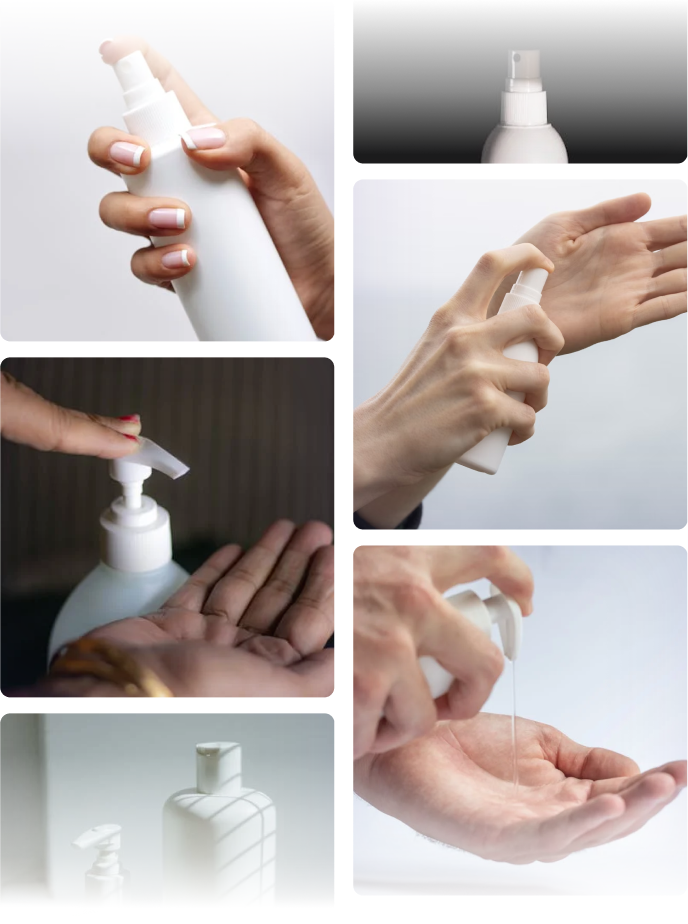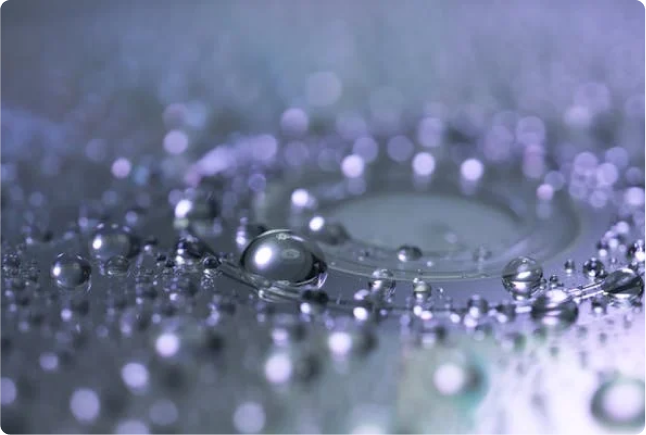The Wonder Molecule Of The Skincare And
Healthcare Industry
Safe and Non-Toxic
Ideal for sensitive skin
Healthcare benefits
All-Natural
Our Hypochlorous Acid Products
Title
Title
Title
Title
Title
Title
Title
Title
Title
Title
We Proudly Manufacturer Products For Brands Selling In
Clinical Studies and Research on Hypochlorous Acid
Title
Title
Title
Title
Title
Title
Title
Title
FAQs
Title
Title
Title
Title







